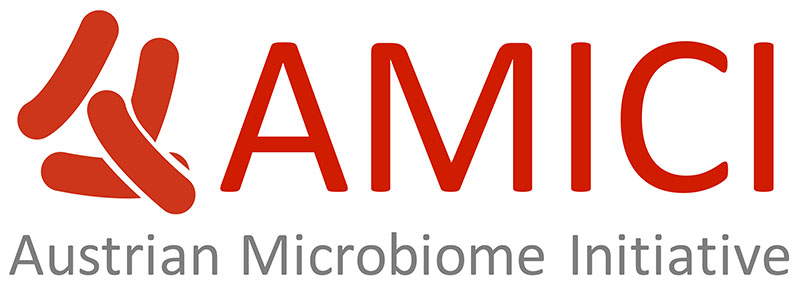 The human body is home to billions of symbiotic microorganisms that live in the different body habitats, for example, the gut, skin, and mouth. These microorganisms are not unimportant residents but provide important beneficial functions to their host including stimulation of immunity development, breakdown of dietary compounds, provision of essential vitamins and nutrients, and protection against infectious organisms.
The human body is home to billions of symbiotic microorganisms that live in the different body habitats, for example, the gut, skin, and mouth. These microorganisms are not unimportant residents but provide important beneficial functions to their host including stimulation of immunity development, breakdown of dietary compounds, provision of essential vitamins and nutrients, and protection against infectious organisms.
This mutualistic symbiosis between the microbiota and its host might also become unbalanced and eventually lead to disease. Detrimental changes in the microbiota (called dysbiosis) are associated with many different disease such as inflammatory bowel disease, liver and kidney disease, obesity, diabetes, infections, cancer, depression, and autism. In fact, many of the positive and negative effects of our living conditions (for example, nutrition and medication) on our health are possibly mediated by our intestinal microbiota.
Current microbiome research thus aims at revealing the manifold interactions between the way we live, what we eat, our microbiota, and our body. Only by understanding how the microbiota and which of its members contribute to our health or to disease will we be able to develop new nutritional, probiotic, and pharmaceutical strategies to manipulate the microbiota for treating disease or maintaining health. This requires close cooperations between scientists and medical doctors from different disciplines: microbiology, virology, mycology, parasitology, ecology, infectious disease, gastroenterology, nutritional science, food chemistry, physiology, genetics, oncology, and many more.
